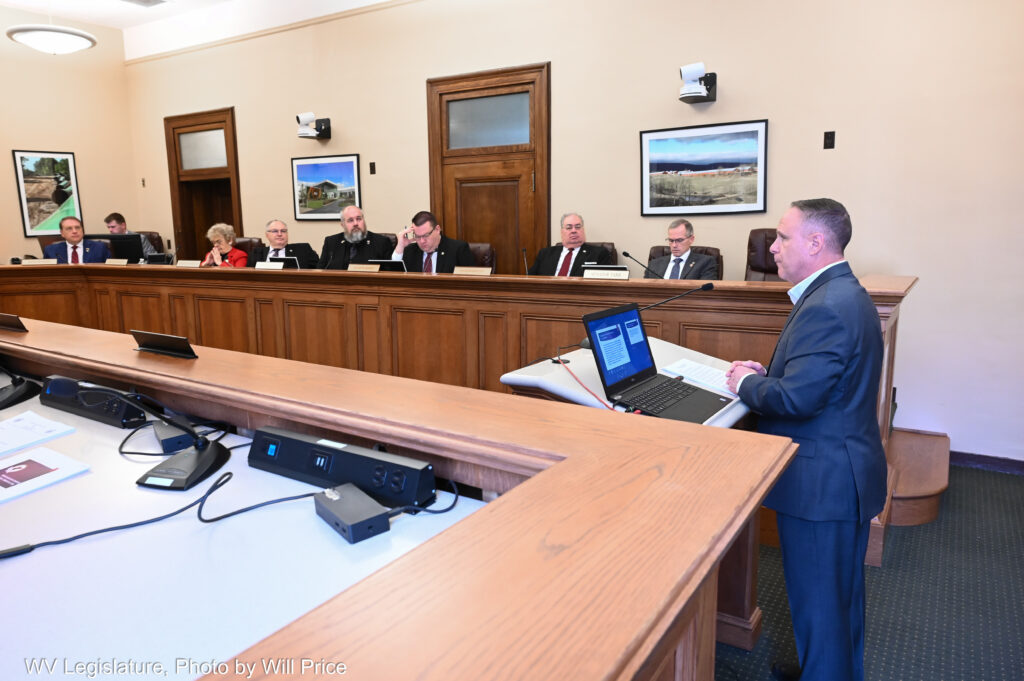Under West Virginia Code, locally elected boards of education generally make decisions for schools in their counties, in lieu of state agencies. Members of the West Virginia Legislature moved to raise training standards for board members during last year’s legislative session, and are revisiting the topic at the State Capitol this year.
Senate Bill 284 is a near copy of a bill that the Senate passed in 2024 to improve training standards for school board members. However, the bill was superseded by a similar bill, House Bill 5514.
Senate Education Chair Sen. Amy Grady, R-Mason, told West Virginia Public Broadcasting the bill that passed omitted some requirements from the Senate bill. That included requirements for new board members to complete an orientation before being sworn in, plus focused training on fiscal responsibility and policy related to disabilities.
The Senate Education Committee heard from Jim Brown, executive director for the West Virginia School Board Association, at their meeting Thursday morning. He said the association had revamped their training schedule to better serve board members and more closely align with the legislature’s higher standards.
“Having worked in the system as a teacher, principal, director, as a superintendent and even two years at the state department, I’ve tried to make sure that our training is very purposeful, intentional,” Brown said. “Especially our winter conference [which] focuses on a lot of things around student achievement.”
Board members oversee a range of issues, from personnel matters to curriculum to budgeting. One issue the legislature aims to address is the steep learning curve many new board members experience when first taking office.
“They run for the school boards, and they believe they have a good handle on it,” Del. Joe Statler, R-Monongalia, told the House Education Committee last year. “Trust me, I served 10 years. Until you’re actually sitting in that seat and start taking on these things, you really do not have a good understanding. And sometimes after that, you still don’t have a good understanding.”
On Thursday, Brown said orientation used to be offered once every two years, but now occurs on a rolling or as-needed basis due to high turnover.
“I’ve done it where we get word somebody is appointed on a Tuesday — if they’re available on Thursday, I do that training individually in my office so they can be ready to be sworn in at their next meeting and begin to take their duties as a new board member,” he said.
Sen. Scott Allen Fuller, R-Wayne, asked Brown his thoughts on low assessment scores across West Virginia schools.
Brown pointed to broader systemic issues outside of the classroom, including the state’s high rate of children in foster care and generational poverty. However, he went on to compare West Virginia’s academic performance to that of Louisiana, which has undergone a marked improvement over the past several years.
“I started looking at their website and the work that they’re doing, and I look at what we’re doing, looks very similar,” Brown said. “A lot of legislation [that has] come from you guys looks very similar to what’s happening in Louisiana. Then, when I look at how long they’ve been on this journey, they’re now in that five, six, seven year range. We’re in our second year.”
Senate Bill 284 was advanced to the full Senate with the recommendation it pass.
The committee also approved Senate Bill 558, requiring a half credit in computer science for graduation, as well as a Senate Bill 581, facilitating involvement in 4-H activities during school hours.























